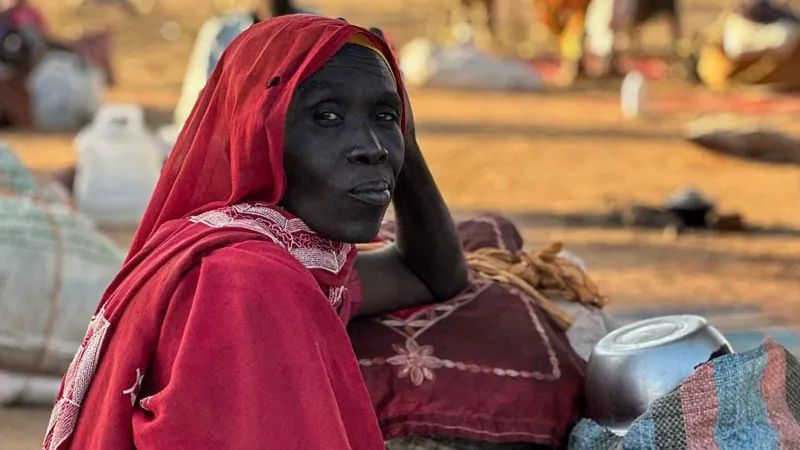Reports of mass killings in Sudan have echoes of its dark past

IN NEWS
Reports of mass killings and ethnic violence have emerged from El-Fasher, a key city in North Darfur, Sudan, after an 18-month siege by the Rapid Support Forces (RSF). Human rights groups warn the violence mirrors patterns of the Darfur genocide of the early 2000s.
ANALYSIS
- Nature of conflict: Sudan’s ongoing civil war between the Sudanese Armed Forces (SAF) and Rapid Support Forces (RSF) has intensified in Darfur, especially after the fall of El-Fasher.
- Ethnic dimension: The RSF, largely descended from the Arab Janjaweed militias, has been accused of targeting non-Arab groups like the Zaghawa and Massalit.
- Humanitarian impact:
- Survivors describe widespread killings, looting, and forced displacement.
- Satellite images analyzed by Yale University’s Humanitarian Research Lab show possible mass grave sites.
- Aid agencies such as MSF and the IDP Humanitarian Network warn of a potential ethnic cleansing campaign.
- Global response:
- The UN, African Union, EU, and UK have condemned the atrocities.
- However, international actors have been criticized for inaction despite prior warnings of mass violence.
- Role of UAE:
- The UAE has been accused of supplying arms to the RSF, but it denies any military involvement.
STATIC PART
- Darfur Region: Western Sudan, inhabited by diverse ethnic groups; witnessed genocide in 2003–04 led by Janjaweed militias.
- RSF Formation: Created officially in 2013 from Janjaweed groups; led by Gen. Mohamed Hamdan Dagalo (Hemedti).
- SAF (Sudanese Armed Forces): Regular army loyal to Sudan’s military leadership in Khartoum.
- Genocide Convention (1948): Defines genocide and mandates international action to prevent it — relevant in the Sudan case.
Updated – 01 Nov 2025 ; 05:30 AM | News Source: BBC